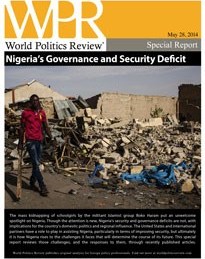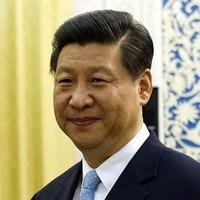
The mass kidnapping of schoolgirls by the militant Islamist group Boko Haram put an unwelcome spotlight on Nigeria. Though the attention is new, Nigeria’s security and governance deficits are not, with implications for the country’s domestic politics and regional influence. The United States and international partners have a role to play in assisting Nigeria, particularly in terms of improving security, but ultimately it is how Nigeria rises to the challenges it faces that will determine the course of its future. This special report reviews those challenges, and the responses to them, through recently published articles. Domestic Politics Nigeria’s Fault Lines […]







